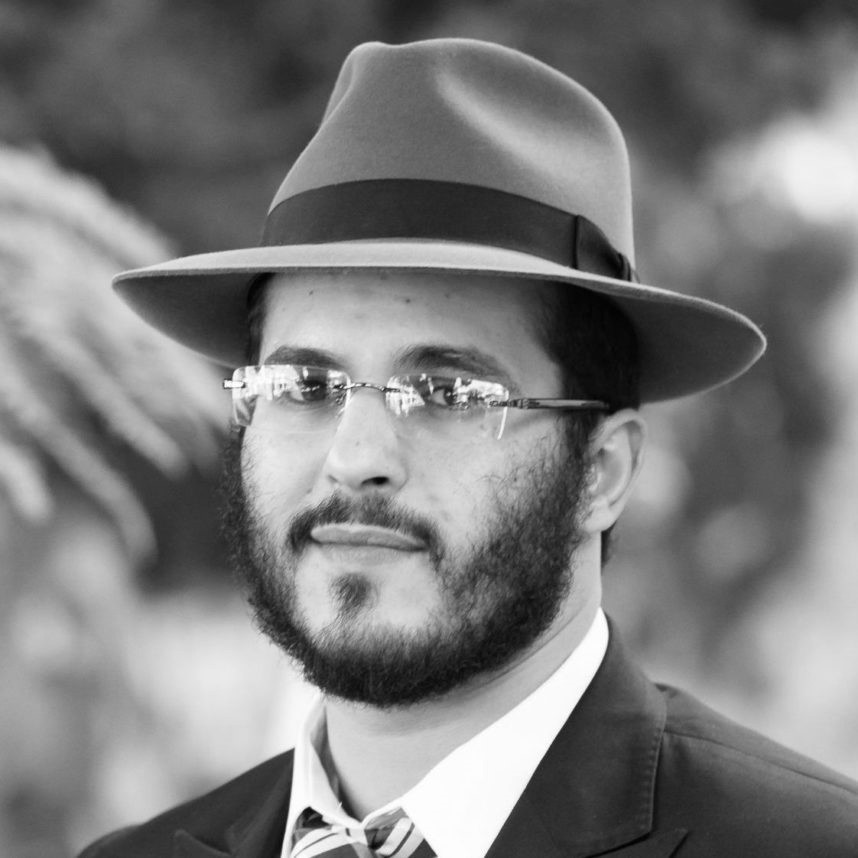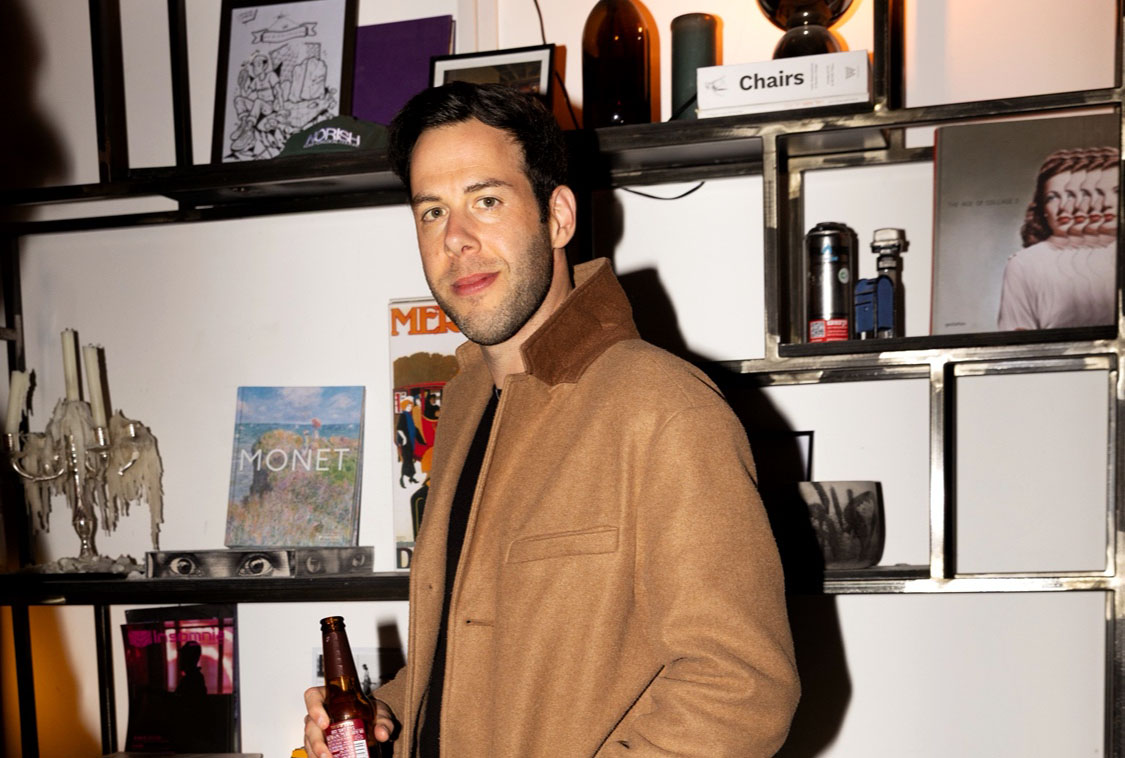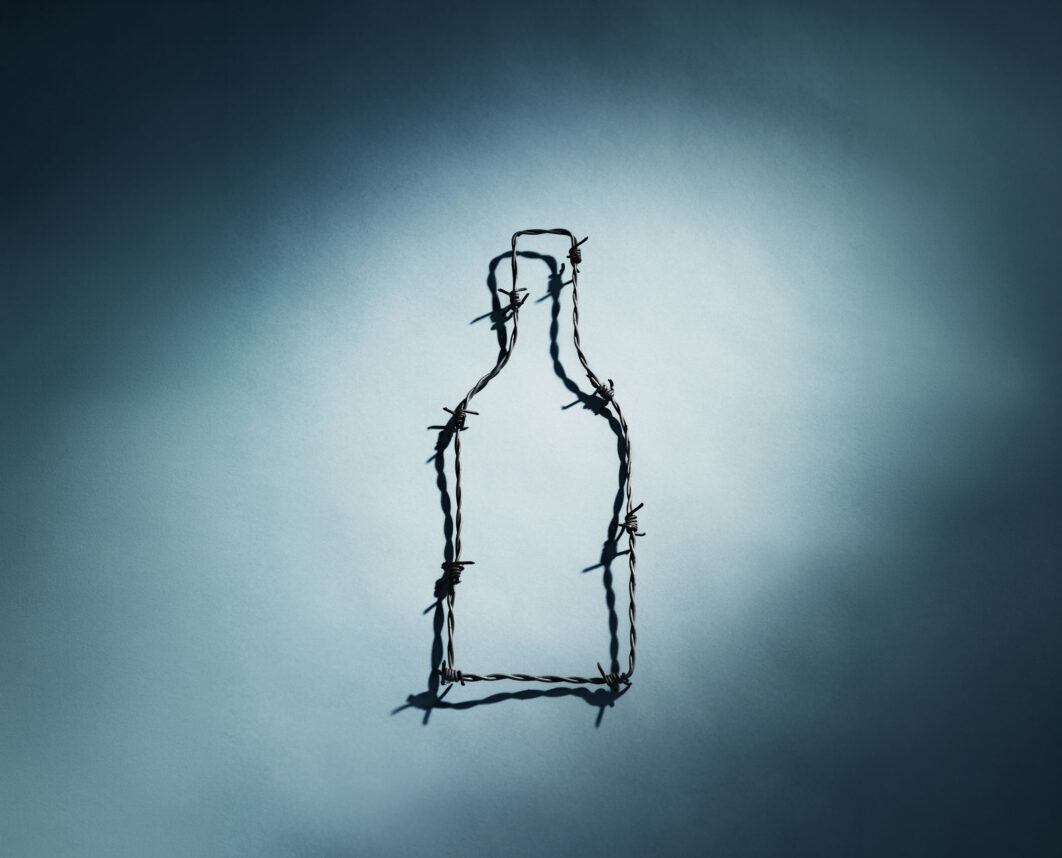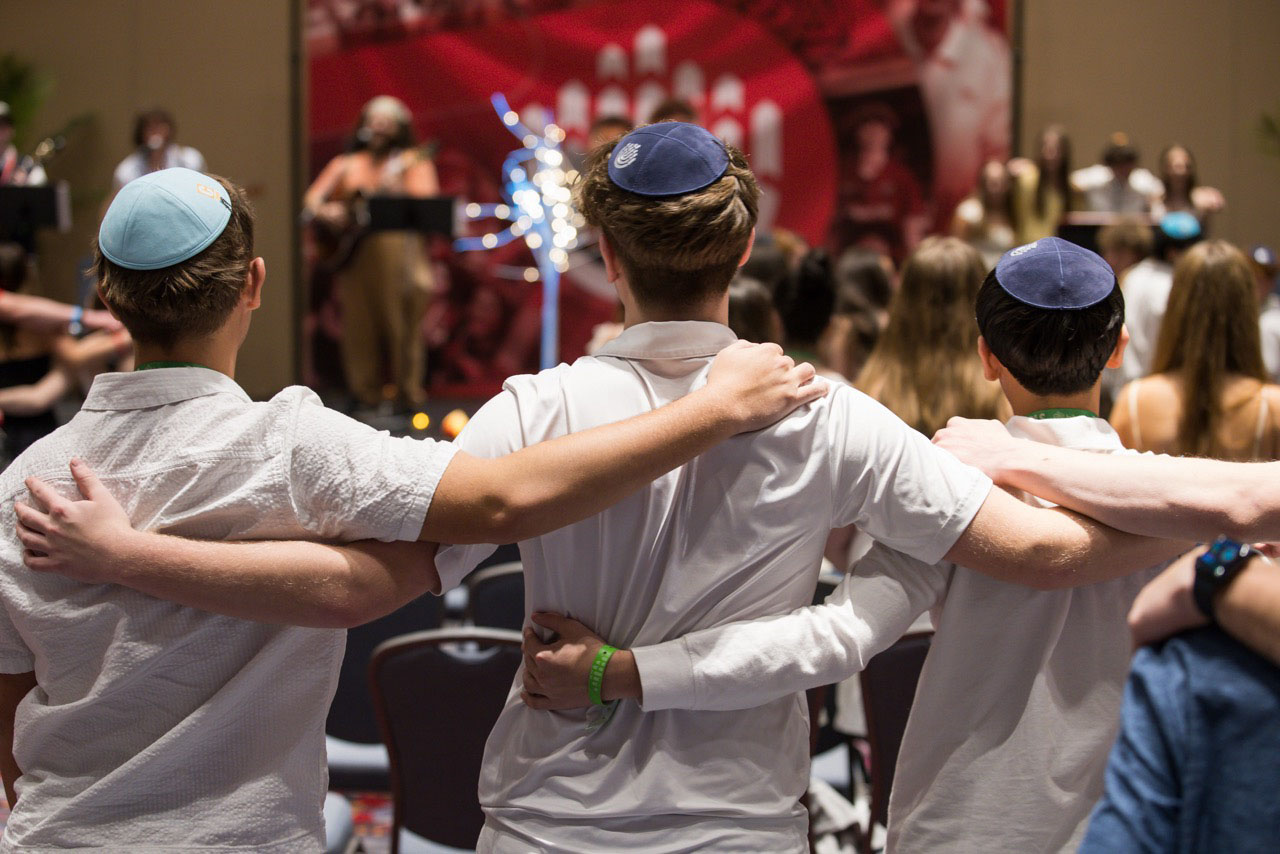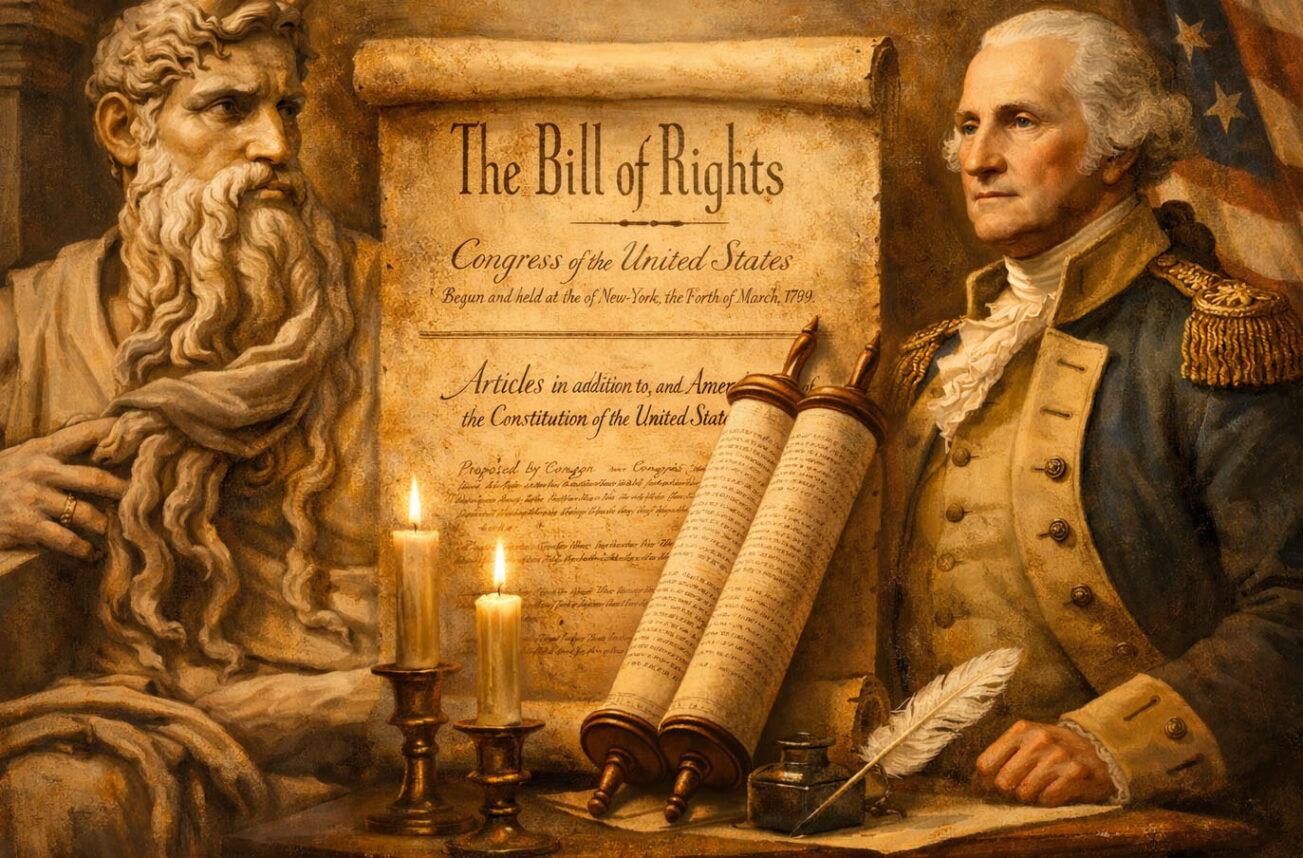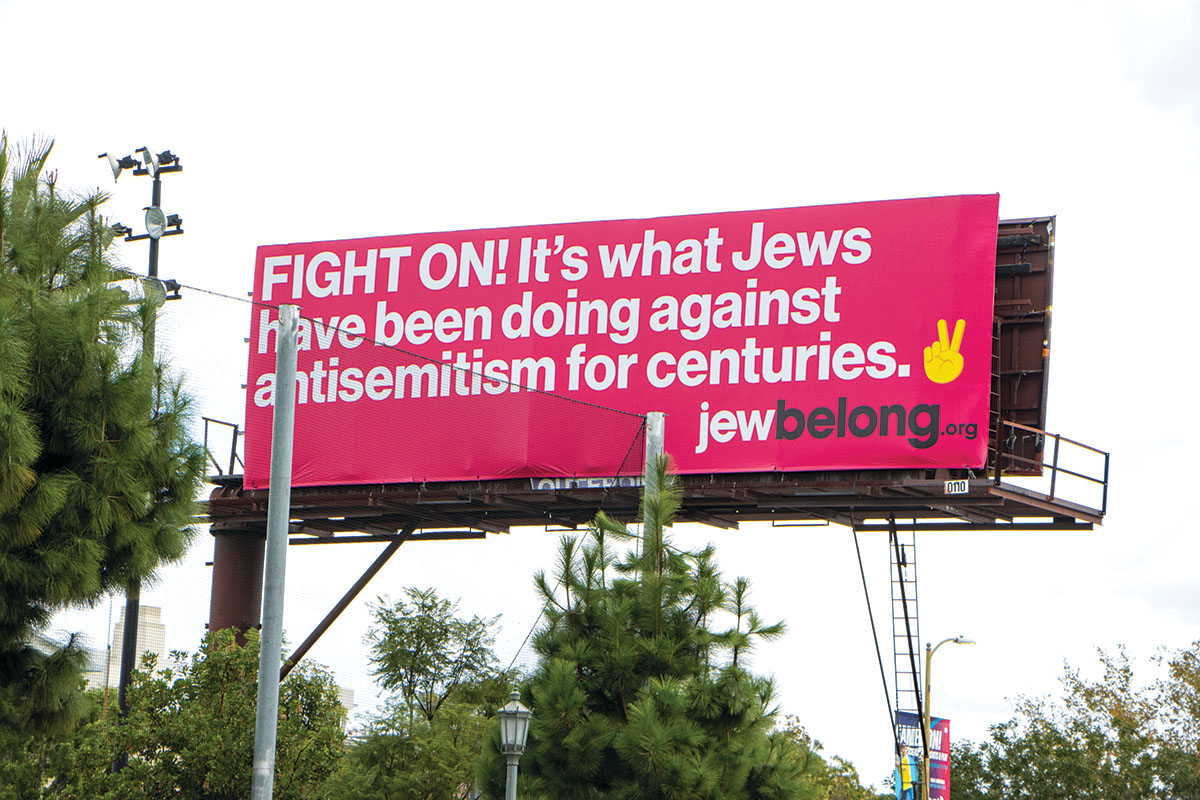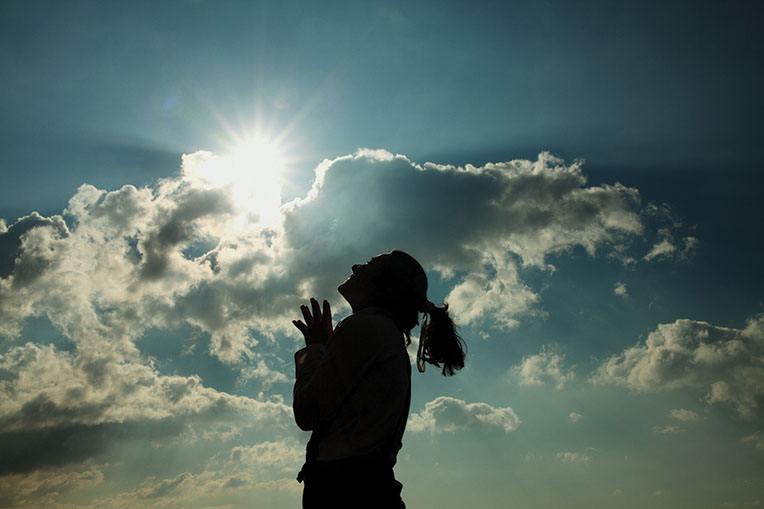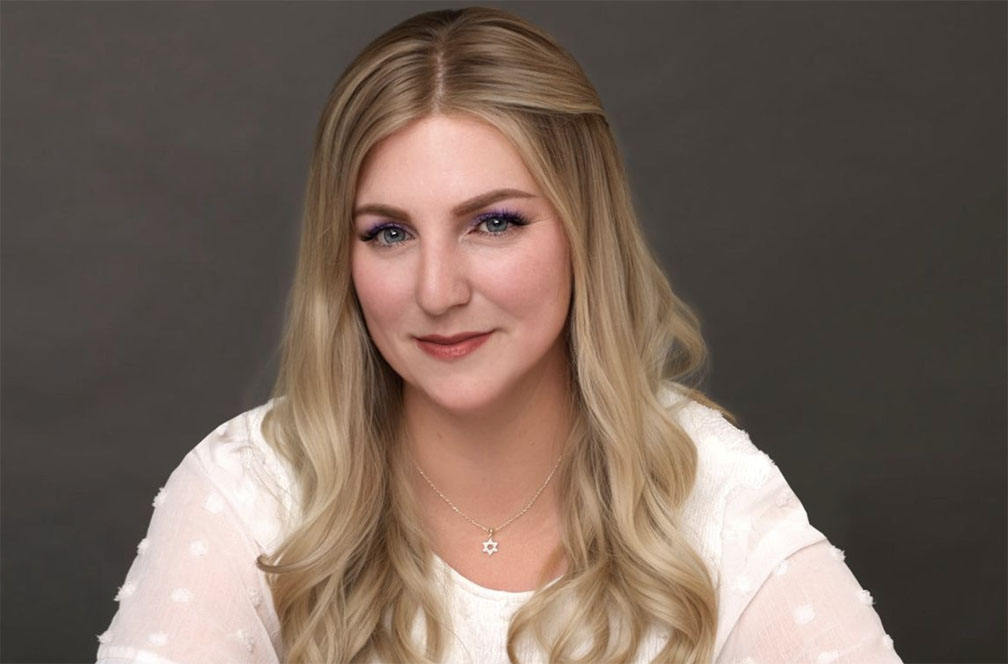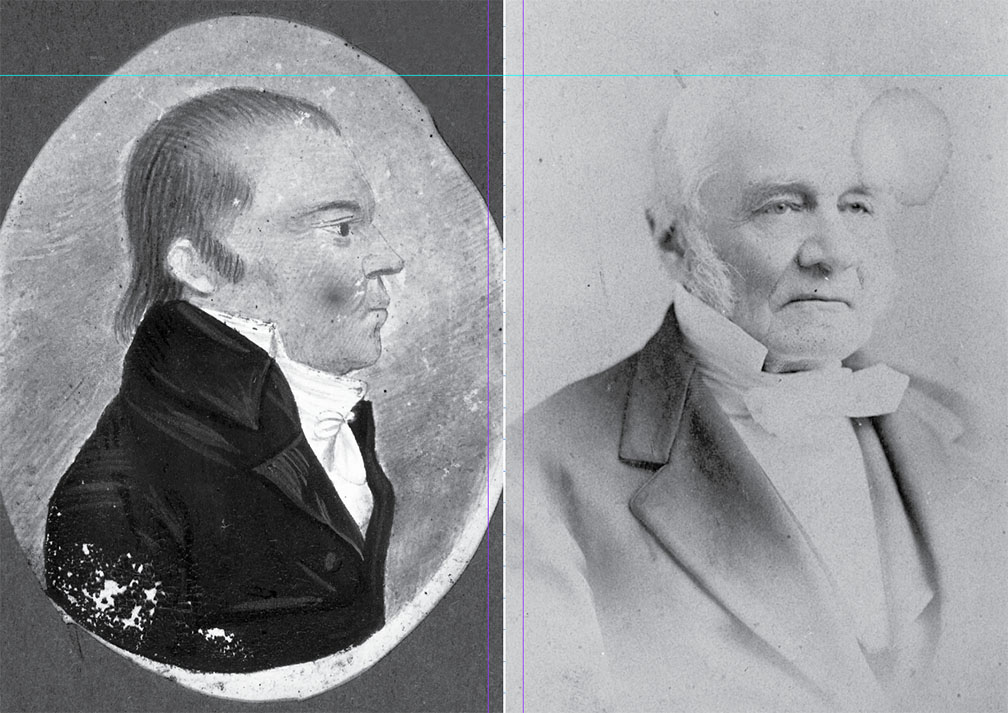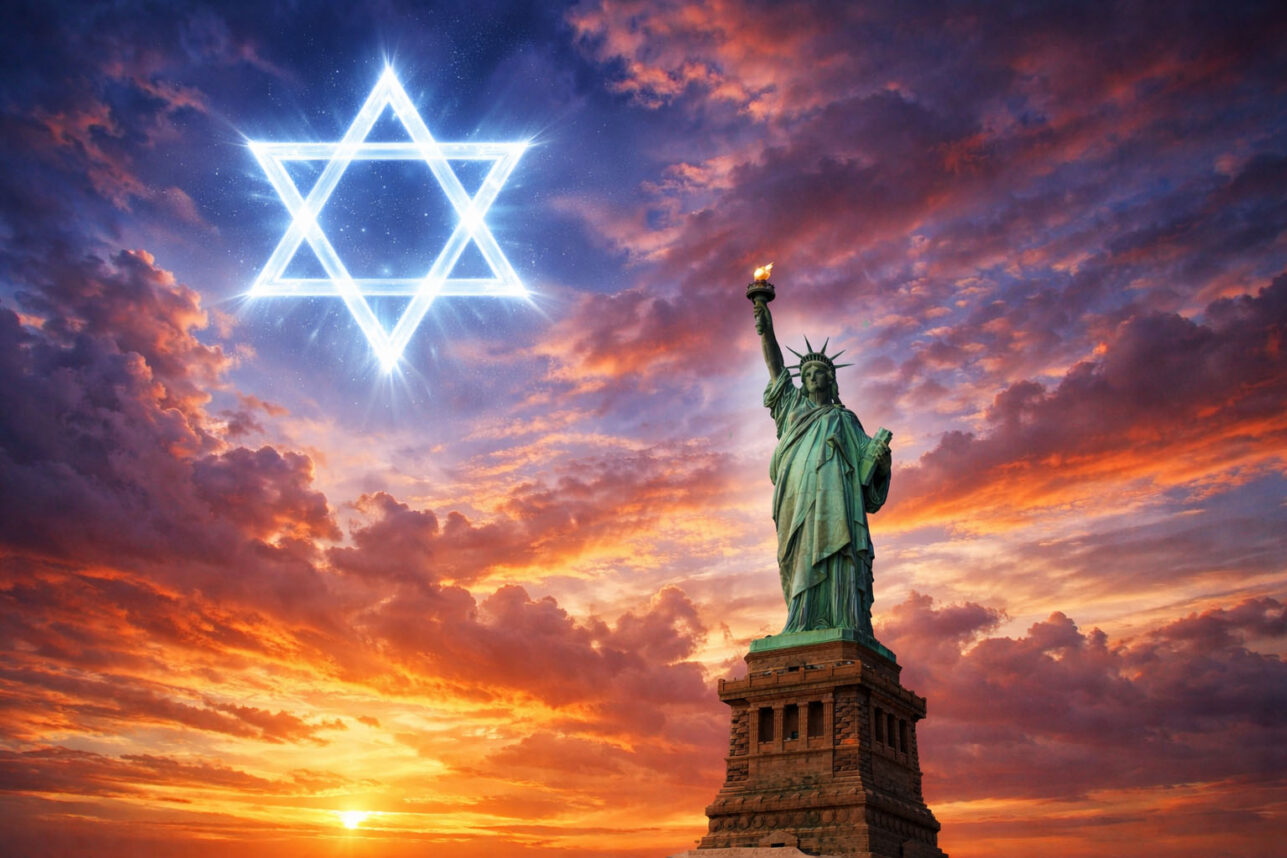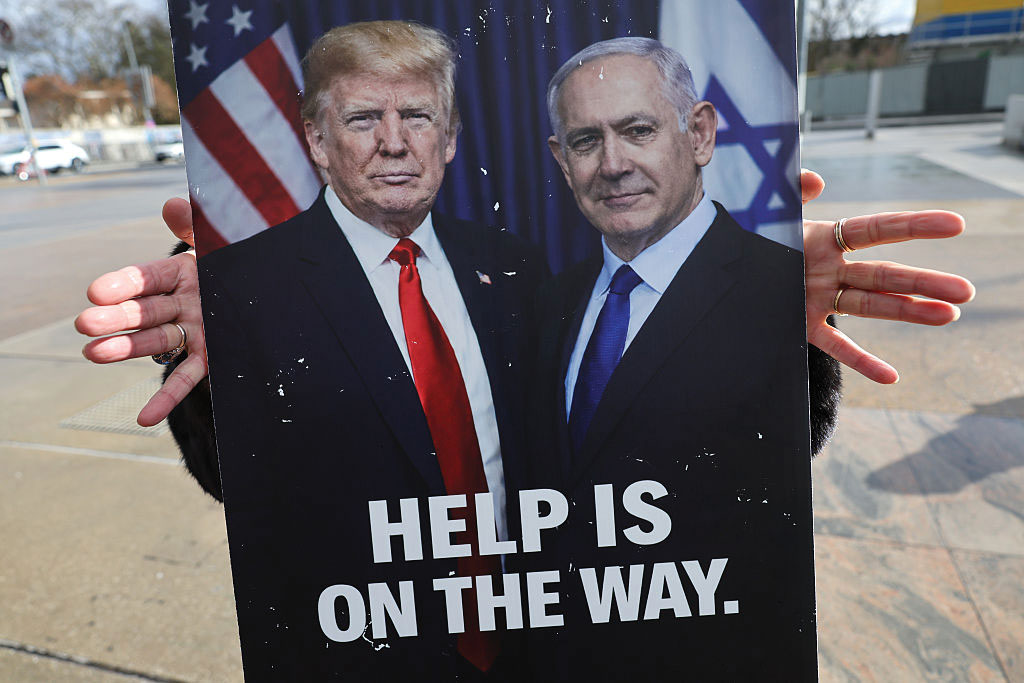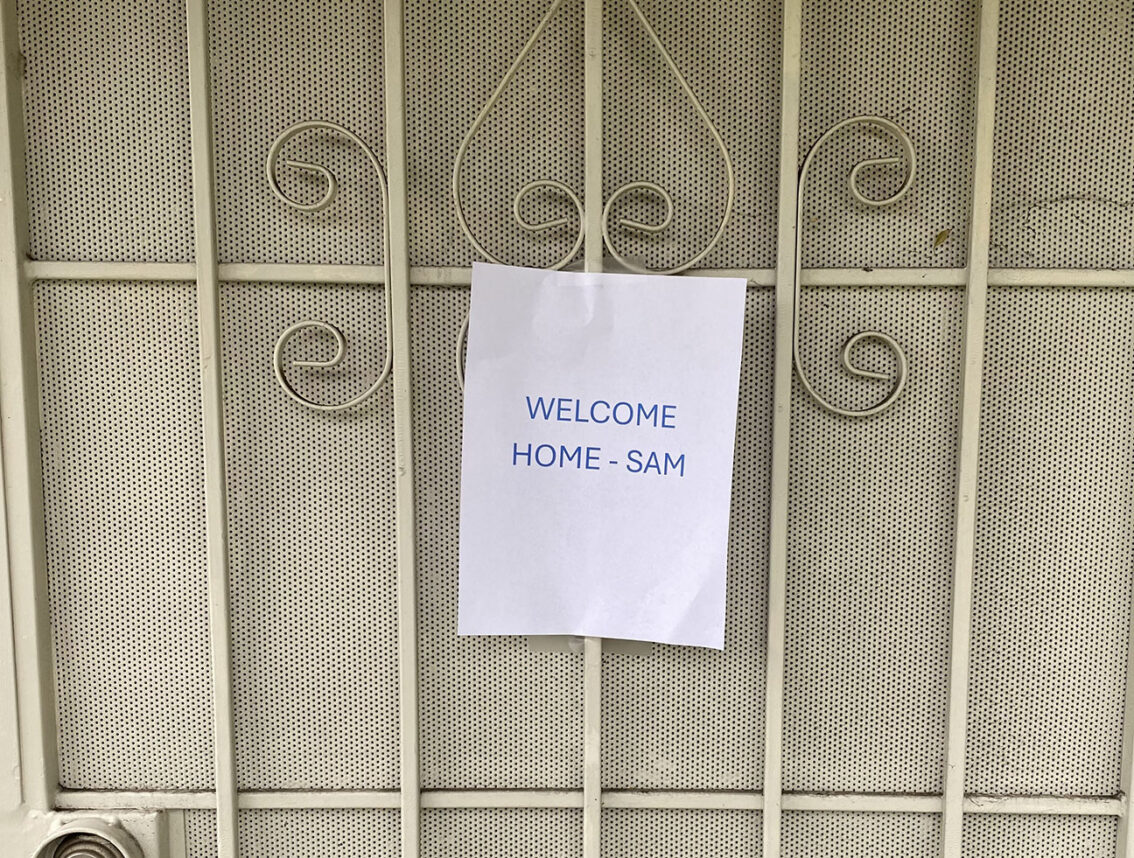
The Book of Kohelet states that “What has been is what will be, and what has been done is what will be done, and there is nothing new under the sun.”
Today as we witness a world engulfed by antisemitism, this prophecy resonates particularly, and painfully. Daily marches, demonstrations, and countless smaller acts of blatant antisemitism overwhelm major cities across the globe. Calls for the genocide of Jews sound in the halls of U.S. Congress, universities, high schools, transit centers, and too many places to mention. Jewish businesses are continuously vandalized, and Jewish homes in cities such as Paris and Berlin have been literally marked with Stars of David. Jewish graveyards have been desecrated, and synagogues destroyed.
On November 15, the only synagogue remaining in Armenia was set on fire. That same synagogue had been vandalized on October 3, days prior to the tragic October 7 attacks on Israel. The Armenian Secret Army for the Liberation of Armenia (ASALA) claimed responsibility and vowed to continue attacking Jews across the globe as retribution for Israel’s close friendship with the majority-Muslim Republic of Azerbaijan.
It is not surprising. Back in 2014 the Anti-Defamation League categorized Armenia as the second most antisemitic country in Europe and the world’s third most antisemitic country outside of the Middle East. Additionally, a Pew Research Center survey found that 32 percent of Armenians would not accept Jews as fellow citizens, which is the highest percentage in this survey among Central and Eastern Europe countries.
As there is nothing new under the sun, Armenian groups in the United States have been active in the Boycott, Divest and Sanction (BDS) movement on U.S. college campuses for decades and have a much longer history of harboring and spreading antisemitism in their diaspora, echoing the sentiments of their homeland. This was true during the Holocaust, when Armenian troops served the Third Reich and led Jewish prisoners on death marches, while Armenian-American organizations publicly praised Hitler as a “gift to mankind,” describing the Holocaust as a “surgical operation” to cleanse Germany of “poisonous elements.”
The leader of the Armenian Nazi legion – Garegin Nzhdeh – is now glorified as the most important national hero of Armenia, with 22 monuments all across the country, the tallest of which was officially unveiled in 2016 in Yerevan. According to a Forward magazine study, Armenia has the world’s largest concentration of Nazi monuments.
Acting with levels of brutality comparable to Hamas’s October 7 attacks, Armenian forces carried out a vicious massacre against Israel’s closest majority-Muslim ally Azerbaijan, indiscriminately slaughtering Azerbaijani citizens in the early 1990’s. The Khojaly Massacre, the worst event of Armenia’s invasion of Azerbaijan’s Karabakh region, was later described by Israel’s President Rivlin, in his address to the United Nations on Holocaust Remembrance Day, as evidence that we had not done enough to claim “never again” when it comes to such a level of brutal inhumanity.
Azerbaijani civilians, the elderly, men, women, children and babies, were horrifically murdered in Khojaly – many while fleeing their homes in the wake of the attack. Thousands of those captured, over 30 years ago, have yet to be returned. Their families remain hostage to their fate for over 30 years into today. The Armenian invasions were based on a long standing national ideology of ethnic supremacy, something all too familiar in the climate of today, as Armenia stands with its closest ally Iran, campaigns against Israel in the U.S., and at home, in the aftermath of the worst attack on Jews since the Holocaust, has burnt its last synagogue.
On January 1, 2024, during a march across Armenia’s capital city of Yerevan, neo-Nazis performed Hitler salute, chanting “Armenia for Armenians only”. Israel’s Ambassador to Armenia, Joel Lion, tweeted in response:
“Deeply disturbed by the march in #Yerevan, on 1.1.2024, echoing ‘Sieg Heil’ chants. Glorifying Garegin Nzhdeh, a Nazi collaborator is unacceptable. 🇦🇲Authorities must take a firm stand against any form of neo-nazism & antisemitism.”
Solemn is the realization and the reckoning – that this widespread antisemitism was already happening, well before October 7. The storm was already coming, and what could we have done to address it? Would we go back in time and make noise about the funding of American universities by Qatar? The duplicitous role of Armenian groups in the United States, supporting the antisemitic BDS movement for decades, committing unspeakable massacres against Israel’s close ally, while tokenizing Jewish relations? What about the systematic targeting of traditionally Black college campuses with antisemitic literature, groups and indoctrination, that which has been playing out for decades but has been largely unaddressed?
This war is teaching us many things, among them the consequences of this long existing antisemitism, that has been brewing in plain sight for decades, that now populates these marches and demonstrations against Jews, and holds powerful seats in all arenas-universities, Congress, everywhere it seems. We cannot look away or remain ambiguous when it comes to the sources of antisemitism, the consequences of which are zero sum and untenable. Even now, while our bandwidth is overwhelmed with managing the events of today, the very real danger to Jewish life everywhere in the world, we must look back and account for the recent history that has brought us here.

